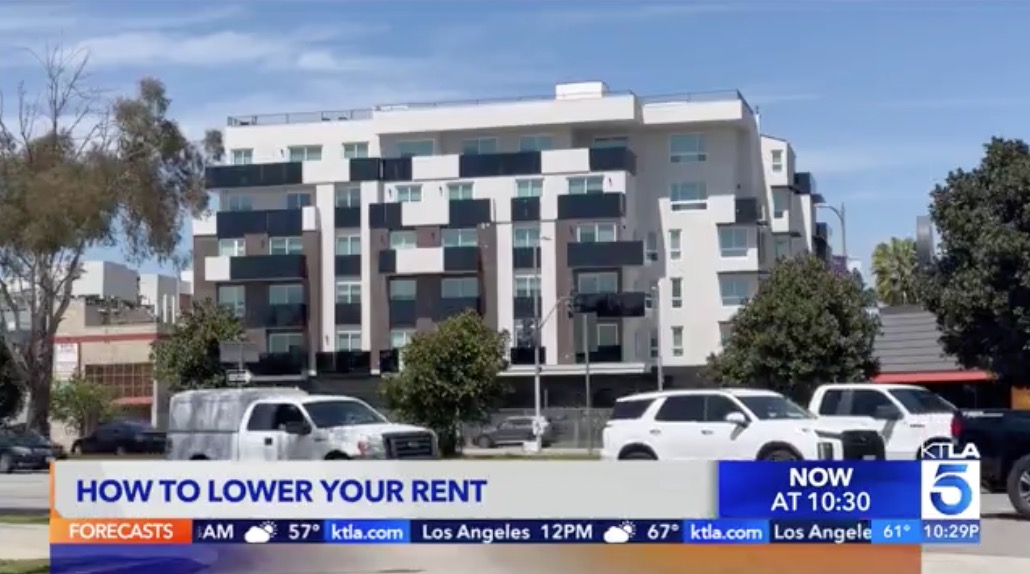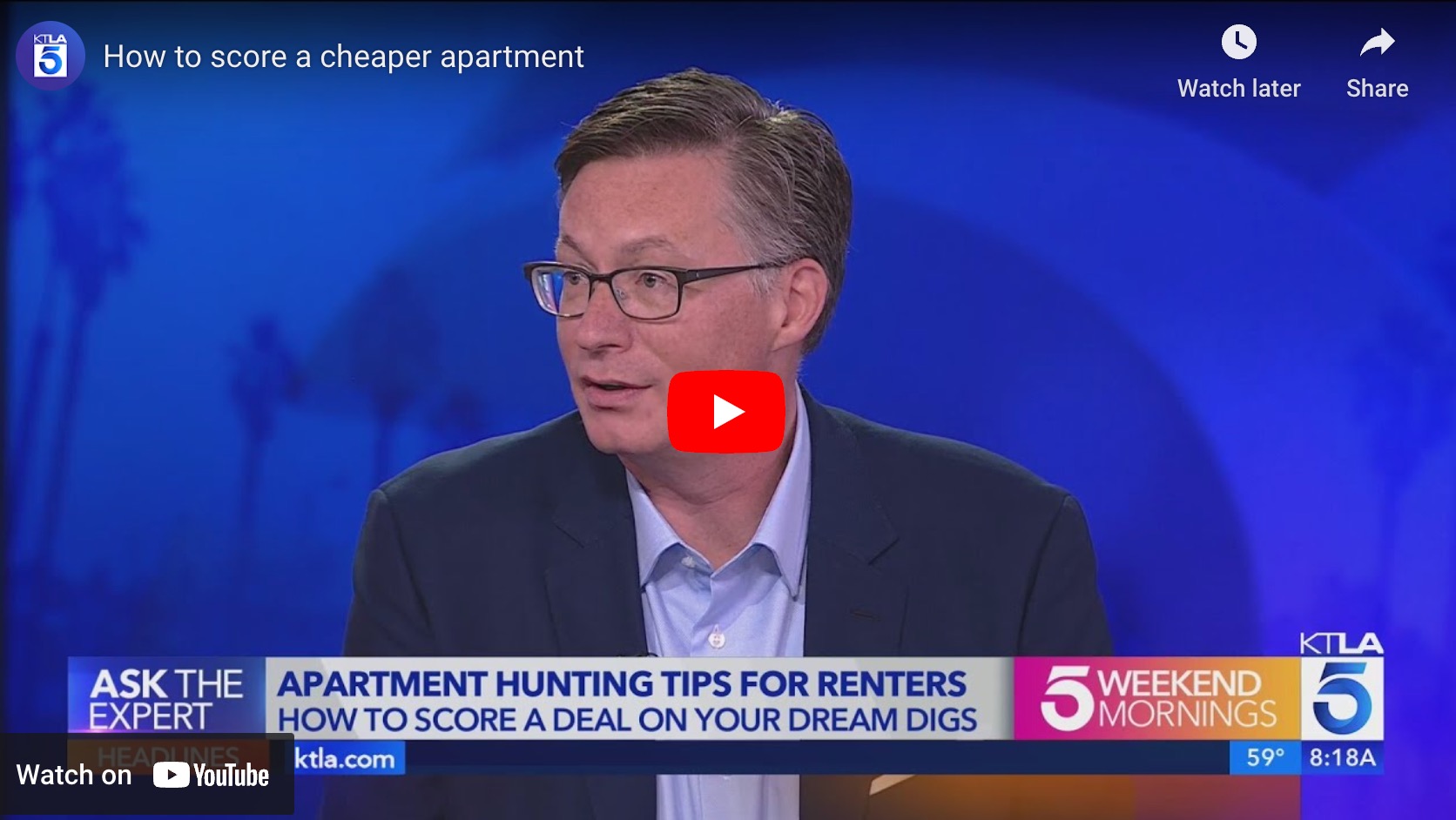Reading your lease is extremely important. Both the landlord and the tenant must know what they’re signing. When you’re signing your lease, it’s important to understand what’s in the document that you’re signing. Sometimes, tenants are shocked to learn of a rule or policy that they didn’t realize was a part of the lease. To save yourself trouble in the future, read your lease (every clause) before signing it. This goes for both the landlord and the tenant.
What Exactly Is a Lease?
A lease is a legal contract between a tenant and a landlord, through which a landlord allows the tenant to occupy a property for an agreed-upon period at a specific rent price. The lease contains several clauses that both the parties must agree on for the lease to be effective. The lease clearly mentions what the landlord will be responsible for the rules and regulations the tenant will be bound to follow.
Everything decided between the two parties must be written down in the lease. In case the tenant or the landlord has a question or confusion in the future, the lease should provide them with all the answers. Moreover, a lease can serve as the strongest defense if either party challenges the other over something already a part of the lease.
Both the parties can negotiate over the lease’s clauses before signing it. The landlord and the tenant can alter the lease to something they agree upon. The lease will only be finalized once both parties have signed it. A lease is never finalized if only one party signs it.
Why Is It So Important to Read Your Lease?
You should never sign a lease before reading every clause. You might not realize it now but signing the lease without knowing what you’re signing up for can have unpleasant consequences in the future.
Let’s have a look at the many reasons you should always read your lease before signing it:
Details about Lease Duration and Renewal
The lease clearly mentions the date when renting starts and ends. It also contains information about lease renewal and potential rent increases. Let’s say the lease mentions that the landlord will increase the rent at a certain percentage at the time of lease renewal, and you didn’t know about it. It’ll create a very unpleasant situation for you. You won’t be able to fight the landlord because you legally agreed to this rent increase when you signed the lease.
What Does the Rent Cover?
Every lease is different. Some landlords may include the utility charges in the monthly rent, while others might not. It would be best to have absolute clarity about what’s included and what’s not included in the rent you’re agreeing on. The lease contains all of this information. It’ll have everything mentioned, including which utilities (if any) are covered in the rent.
Will the Landlord Pay for Repairs and Maintenance?
Some landlords take full responsibility for all the repair and maintenance, whether it’s a leaky faucet or a broken air conditioning system. Some landlords take responsibility for repairing and maintaining major appliances and leave the rest of the repairs on the tenant. And some landlords leave it all on the tenant. If you don’t read the lease, you won’t know what you’re getting yourself into, and it’s going to cost you a lot!
Can You Keep a Pet?
Whether or not you can keep a pet should also be mentioned clearly in the lease. You don’t want to be blindsided by a no-pets policy. Your lease should also mention any restrictions on the size and breed of pets (if any). It’s best to know beforehand. If the landlord isn’t permitting you to keep a pet, you can always choose not to sign the lease. However, once you sign it, you’re legally obliged to comply with the agreed-upon terms.
Parking Space
Most tenants assume that they can use the outdoor parking space, but unfortunately, that’s not always a part of the deal. Even if the landlord allows you to use the outdoor parking space, they may restrict you to one vehicle. Your lease will include this information too. If the lease says you can only park one vehicle, but you own two, you can negotiate the terms with the landlord and avoid any unpleasant arguments and clashes in the future.
House Rules
The lease will also have all the house rules the landlord wants you to follow. It includes how many occupants you can have, whether or not you can make any alterations on the property, can you have overnight guests, and most importantly, on what basis the landlord can evict you. If you don’t read your lease, you might get into a bad situation with your landlord – and you wouldn’t like it.
Lease Termination
You should also be aware of what to expect if you want to terminate the lease early. Make sure you know when you need to inform your landlord before your move, what cleaning and restoration work you are required to do before moving out, and if you are required to pay any penalties for terminating your lease early. You can only know all of this by reading your lease before signing it.
Not reading the lease before signing is like appearing in an interview with zero knowledge about the position or the company. Every step is like a surprise, and it’s most likely an unpleasant one. So, always read your lease before you seal the deal.
If you’re looking for more renter-relevant content, check out our other informative blog posts here.
Time to find a new rental home? Check out Dwellsy.








